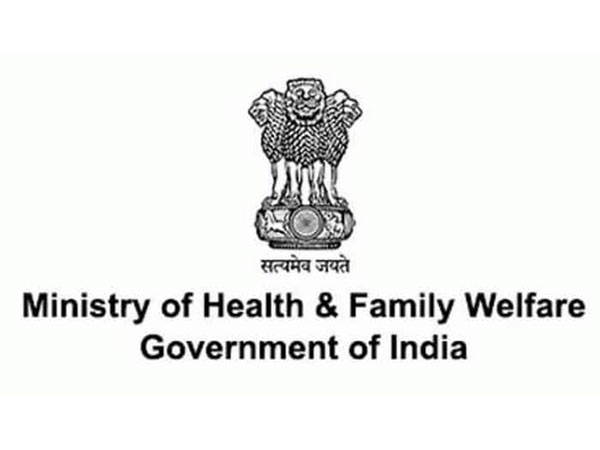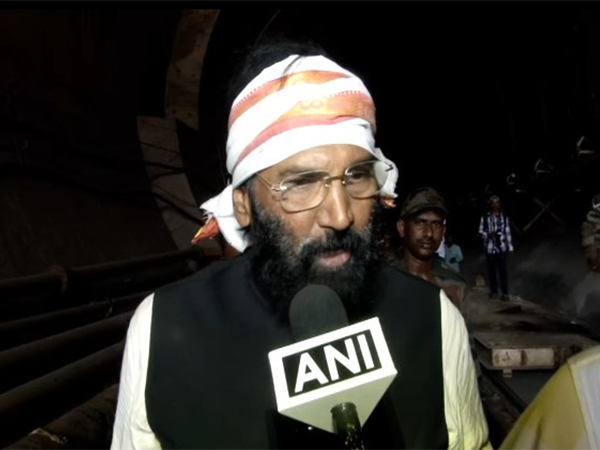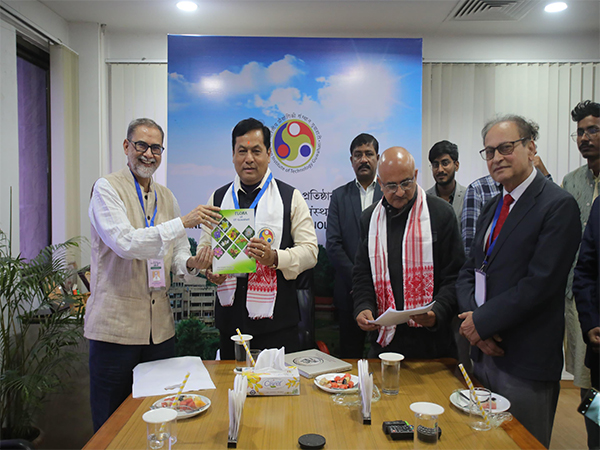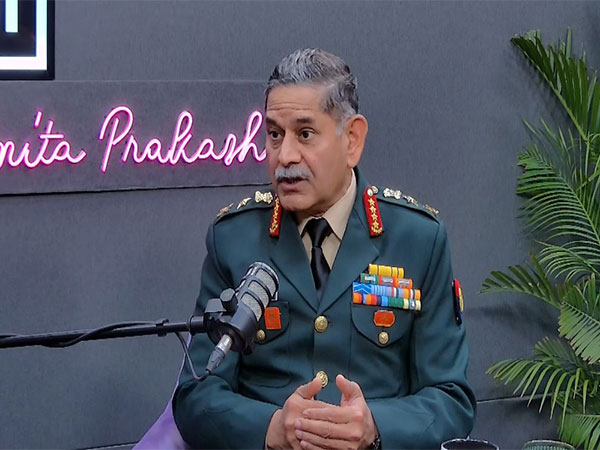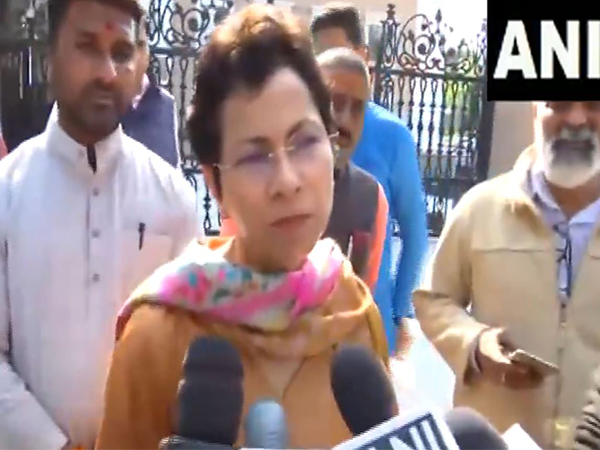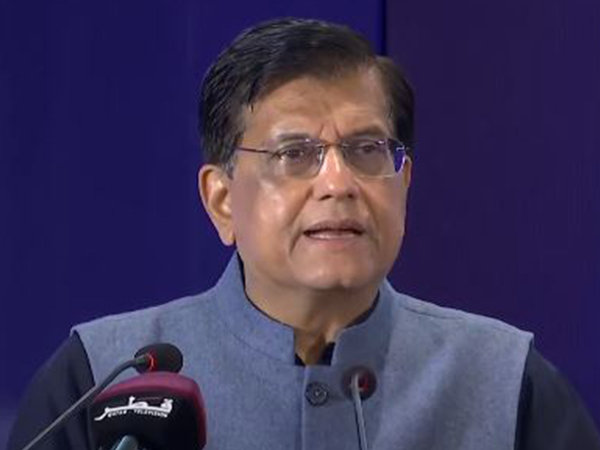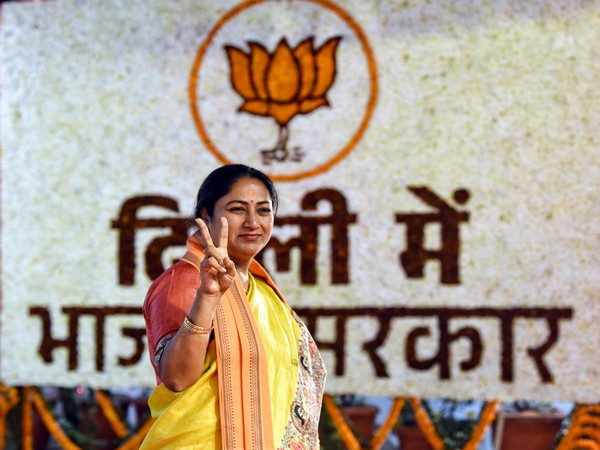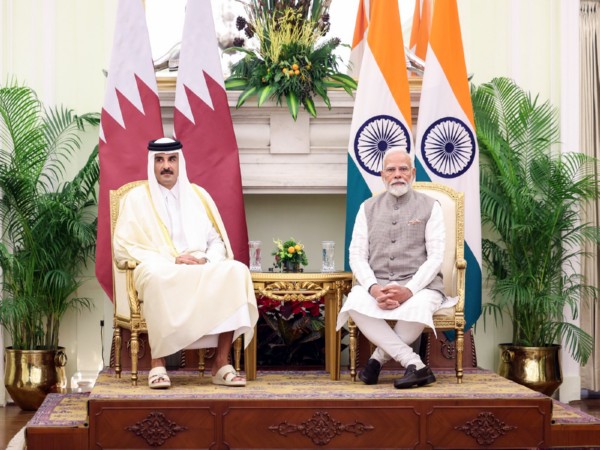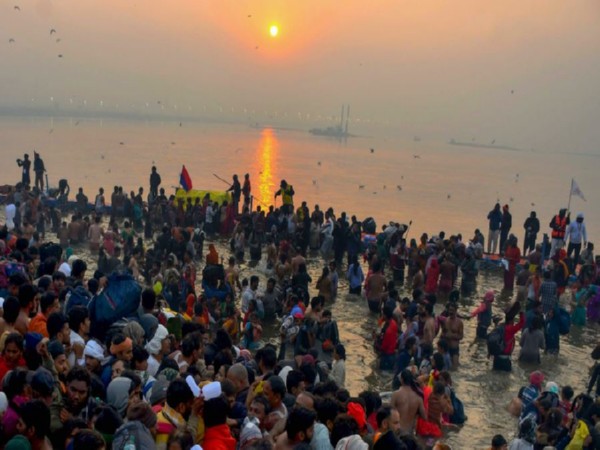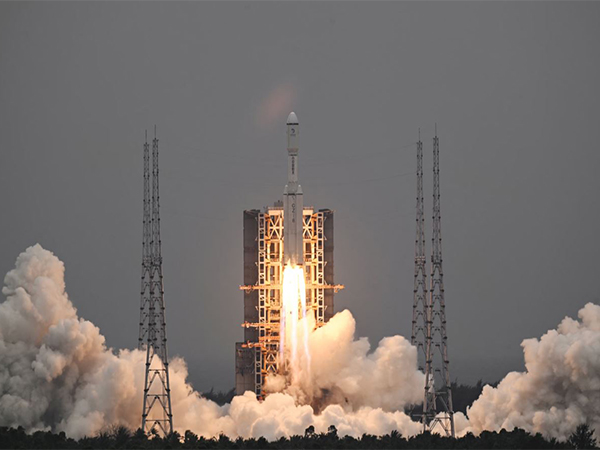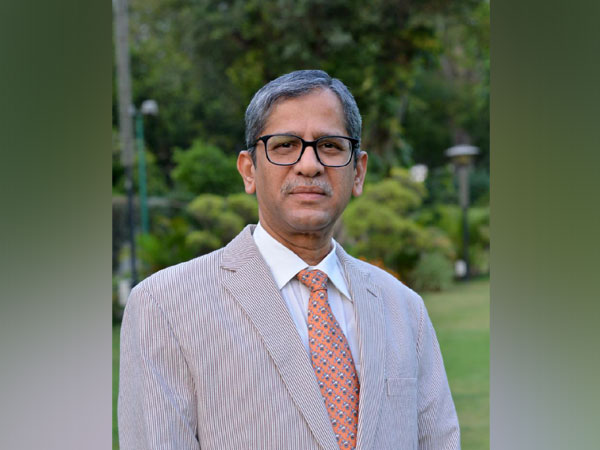
New Delhi [India], April 6 (ANI): Justice NV Ramana, who is all set to assume charge as the 48th Chief Justice of India on April 24, is a first-generation lawyer having an agricultural background and his judgments are known for clear dictums including his recent judgment that ended a year-long internet ban in Jammu and Kashmir in 2020 after the abrogation of Article 370 in August 2019.
Accepting the recommendation made by the outgoing Chief Justice of India SA Bobde, retiring on April 23, the President has appointed Justice Nuthalapati Venkata Ramana as the 48th CJI.
Justice Ramana will take oath as 48th Chief Justice of India on April 24 and will have a term till August 26, 2022.
The warrant of appointment as CJI, with effect from April 24, was handed over to Justice Ramana by Secretary, Department of Justice on Tuesday.
Justice Ramana, born in an agricultural family on August 27, 1957, hails from Ponnavaram Village, Krishna District in Andhra Pradesh. His father Ganapthi Rao and mother Sarojni Devi were agriculturists in the Krishna District of Andhra Pradesh.
He enrolled as an advocate on February 10, 1983, and practiced in the High Court of Andhra Pradesh, Central and Andhra Pradesh Administrative Tribunals, and the Supreme Court of India in Constitutional, Civil, Labour, Service and Election matters.
During his practice years, he had served as an Additional Advocate General for the State of Andhra Pradesh.
Justice Ramana was appointed as a permanent judge of the Andhra Pradesh High Court on June 27, 2000. He also functioned as acting Chief Justice of Andhra Pradesh High Court from March 10, 2013 to May 20, 2013.
Thereafter, he was transferred to Delhi as its Chief Justice before he was elevated to the Supreme Court. As a Chief Justice of India, he would have a tenure of sixteen months.
He has been the judge in the Supreme Court since February 17, 2014. He has also served as the Executive Chairman of the National Legal Services Authority (NALSA) since November 27, 2019.
Justice Ramana had also worked as a journalist for a leading Telugu newspaper for a brief time before becoming a full-fledged lawyer.
His judgments are known for the clear dictum, simple to understand and a balanced approach. His love for mother literature is well-known among his peers.
As a Supreme Court judge, Justice Ramana rendered many major judgments including to brought an end a year-long internet ban in Jammu and Kashmir in 2020 after the abrogation of Article 370 of the Constitution in August 2019.
Justice Ramana had said that the Internet ban in Jammu and Kashmir without limiting it to a particular duration is not only a violation of the telecom rules but also of the freedom of speech and expression granted by the Constitution.
On the commercial side, he has provided articulate judgments on arbitration, business laws etc. which have provided stability for the commercial world to carry on. Recently, in the Vidya Drolia case, he settled a long-pending issue of courts interference at the stage of appointment of an arbitrator. Various legal scholars hailed the decision as having the potential of reducing the back long of cases by providing primacy to arbitration. In Alcon vs. Salem, his decision to allow execution of the foreign decree is considered to ease the international trade in India.
In another judgement, Justice Ramana breathed transparency into the office of the Chief Justice of India and brought it under the ambit of the Right to Information Act.
In the Shiv Sena vs. State of Maharashtra case, his judgment to conduct a floor test paved way for reducing horse-trading.
He gave a judgement directing that the pending corruption cases against politicians were to be decided in a time-bound manner.
Justice Ramana was designated as the Executive Chairman of the National Legal Services Authority on November 27, 2019. Under his tenure, during the Covid 19 pandemic (lockdown and unlock period), the LSAs provided legal aid and assistance in 2,878 domestic violence cases.
The LSAs also assisted around 60 lakh migrant workers along with 36,435 stranded persons across the country. Over 1,04,084 Senior citizens were also assisted by the LSAs.
From June 2020 to February 2021, more than 4.11 lakh cases were settled in E-Lok Adalats. Out of these cases 1.23 lakh cases were pre-litigative and 2.88 lakh were pending cases. (ANI)








